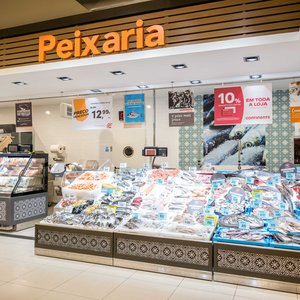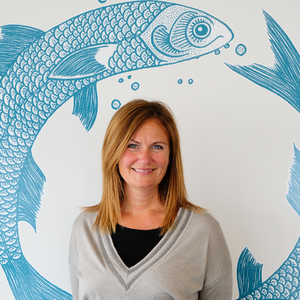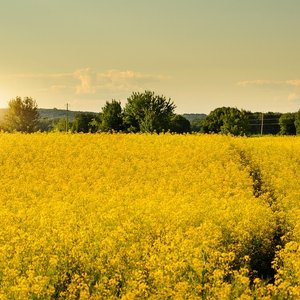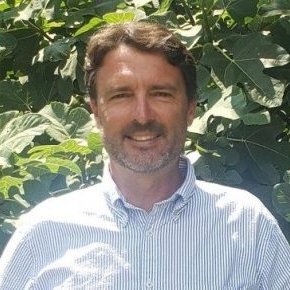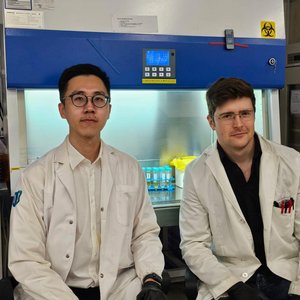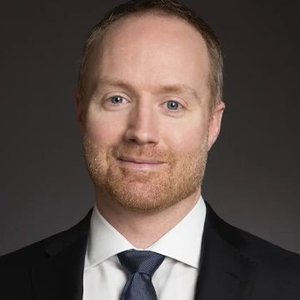Kofi Annan left a deep impression on world aquaculture leaders when spoke on how aquaculture can contribute to feeding nine billion people by 2050. He was addressing the fully-subscribed global aquaculture business conference AquaVision 2012 in Stavanger, Norway. It is a mark of the rising recognition of aquaculture as part of the solution to feeding the planet in the coming decades that Kofi Annan, two times Secretary General of the United Nations, found time in his hectic agenda to give a presentation on this important topic. Around 100 local students who had prepared reports on sustainable food production attended the conference to hear Mr Annan speak. After his presentation, he met with those students with the highest rated reports.
In the same AquaVision session, Árni Mathiesen, Assistant Director General at FAO—the Food and Agriculture Organization of the United Nations, described the emerging food security challenges. FAO views aquaculture as a vital part of addressing this challenge in a sustainable manner. Mr Mathiesen reported that FAO aims to build a broad global partnership programme to advance aquaculture and wants to see special initiatives to increase the impact of fish on human nutrition, including for women and for children, especially in their first 1000 days.
Protein for 500 million more
Speaking next, Dr Fraser Thomson of the McKinsey Global Institute told the delegates that aquaculture can potentially increase to meet the protein needs of 500 million more people. He calculated by 2050 there would be an additional three billion more middle class people with spending power to be selective in their food purchasing. He highlighted the importance of aquaculture by pointing out the constraints on land agriculture, which include competition for raw materials, water, land and energy.
Also in the first session Dr Lisa Borges of the Sustainable Fishery Partnership described how aquaculture can contribute to sustainable fisheries and Professor Rudy Rabbinge of Wageningen University elaborated on why the food security challenge is increasing the important of aquaculture. The conference is organised by global fish feed leader Skretting and its parent company Nutreco. It was opened by Knut Nesse, Head of Skretting Group and Nutreco Executive Board member. Subsequent conference sessions will focus on the boom in aquaculture in Asia, the location of many of the new consumers, and look into the contributions of science and technology to aquaculture growth and sustainability.
AquaVision is a world-class aquaculture conference that attracts a diverse range of stakeholders to Stavanger every two years and has done so again in June 2012. The conference, organised by Skretting and its parent company Nutreco since 1996, has established itself as an important meeting place for some 400 participants from more than 30 countries.
AquaVision 2012 is being attended by the maximum capacity of 430 registered delegates from around 33 countries. Organised by Skretting and Nutreco since 1996, AquaVision is now established as a world-class conference that attracts a diverse range of stakeholders to Stavanger every two years.


